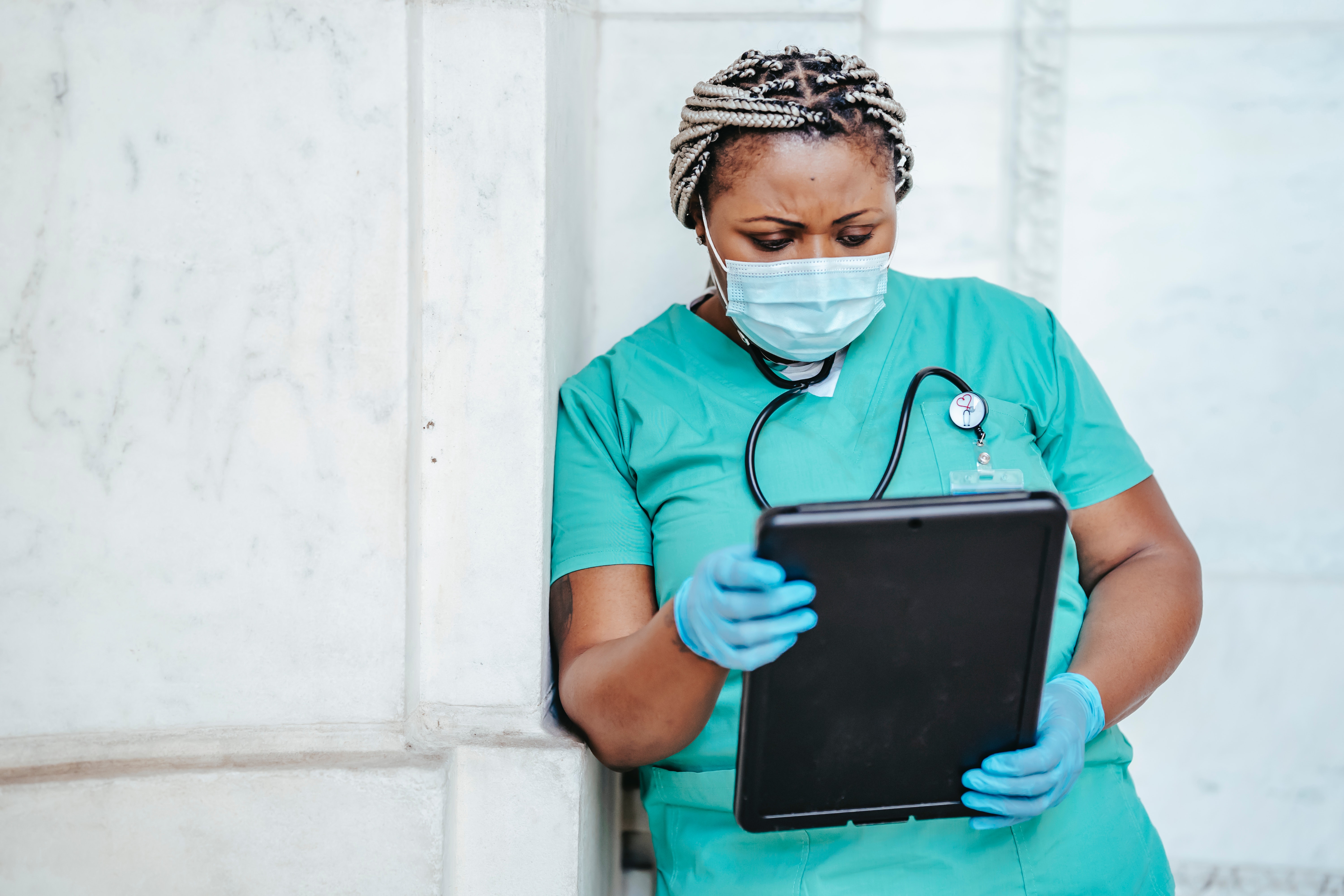Hospitals are alarm-heavy environments, and for a good reason: lifesaving events are taking place every day. But when alarms transform into a constant din of background noise, they aren’t just failing at their job, they’re creating a drain on an entire team. Patient monitoring systems powered by artificial intelligence (AI) may be a solution to cut down on false alarms.
According to Psychiatrist and Chief Wellness Officer Dr. MacLean at Henry Ford Health System in an interview for the American Medical Association, humans make about 35,000 decisions in an average day. Many of those are small decisions that won’t really impact anyone but the decider, like what to eat for lunch or what TV show to watch. But some are much more serious. In a hospital, even small decisions can have a large impact. As people work their way through more decisions—even minor ones—decision fatigue begins to creep in and wear-out their decision-making skills. This can mean becoming more indecisive, brash, or decision-avoidant as weighty choices present themselves—an especially dangerous situation for nurses working with high-risk patients.
Nurses are constantly faced with important decisions, many of which are introduced by the choir of beeps and buzzes from unit alarms. However, nurse.org cites that 72%-99% of alarms heard in nursing units are false. Unreliable alarms create distrust in monitoring technology, greater potential for nurses to ignore or miss a true alarm, and they reduce the mental energy available to make decisions throughout a shift. Often these false alarms are due to improper thresholds or settings for a patient’s condition, poor electrode placement, or improper staff training on the system. Instituting monitoring solutions that are intuitive, adaptive, and precise can eliminate false alarms. That’s just what VirtuSense has done with the VSTOne patient monitoring solution.
AI-powered, intuitive, and precise, VSTOne provides acute-care patient monitoring and telemetry for heart rate, blood pressure, respiratory rate, blood oxygen level, and skin temperature. The system includes predictive-AI fall prevention and a full suite of telehealth options for better connection with patients. Because VSTOne utilizes highly precise AI technology, it touts 98% detection accuracy and has been proven to provide a 95% reduction in false alarms, placing it among the most reliable acute solutions available. VSTOne collects data via one easy-to-apply wireless patch, removing placement errors that can cause false alarms. VSTOne allows for sensors to be tailored to patient thresholds, and an entire unit’s status can be accessed directly from the central command screen. Nurses have their patients’ vitals accessible directly on their mobile phones for check-ins in an instant. Alarms from VSTOne are directed to the specific nurse overseeing that patient first, and alarms only move up to the whole unit if the attending nurse can’t respond. This reduces the number of alarms that the entire unit interacts with, reducing team-wide alarm fatigue.
Utilizing patient monitoring solutions that pride themselves on accuracy can greatly reduce the impact of decision fatigue and false alarm frustration, especially when nursing teams are stretched thin. See how VSTOne can position your nursing teams to succeed.


